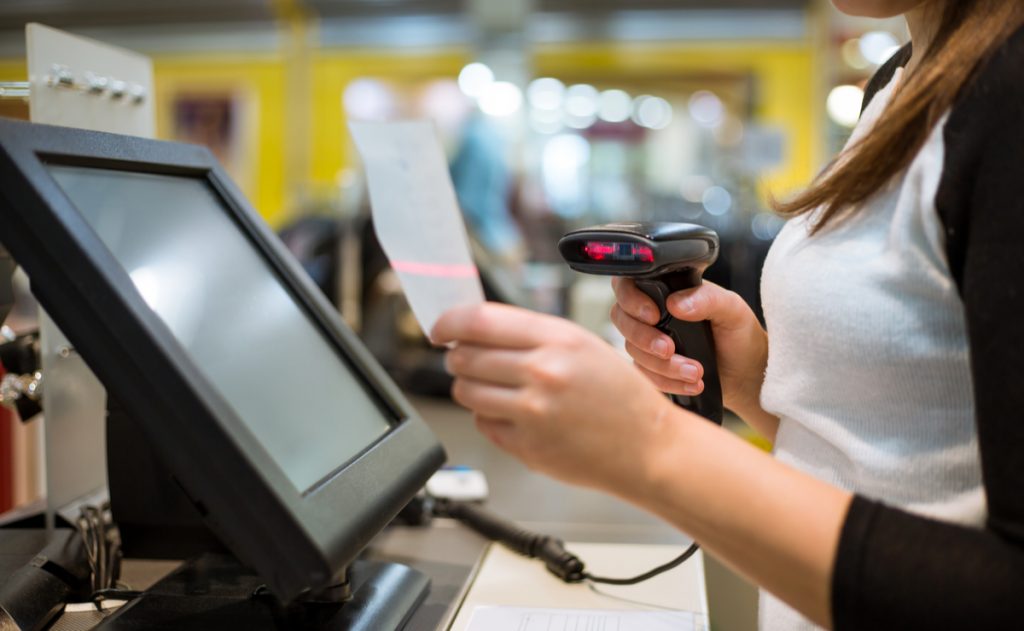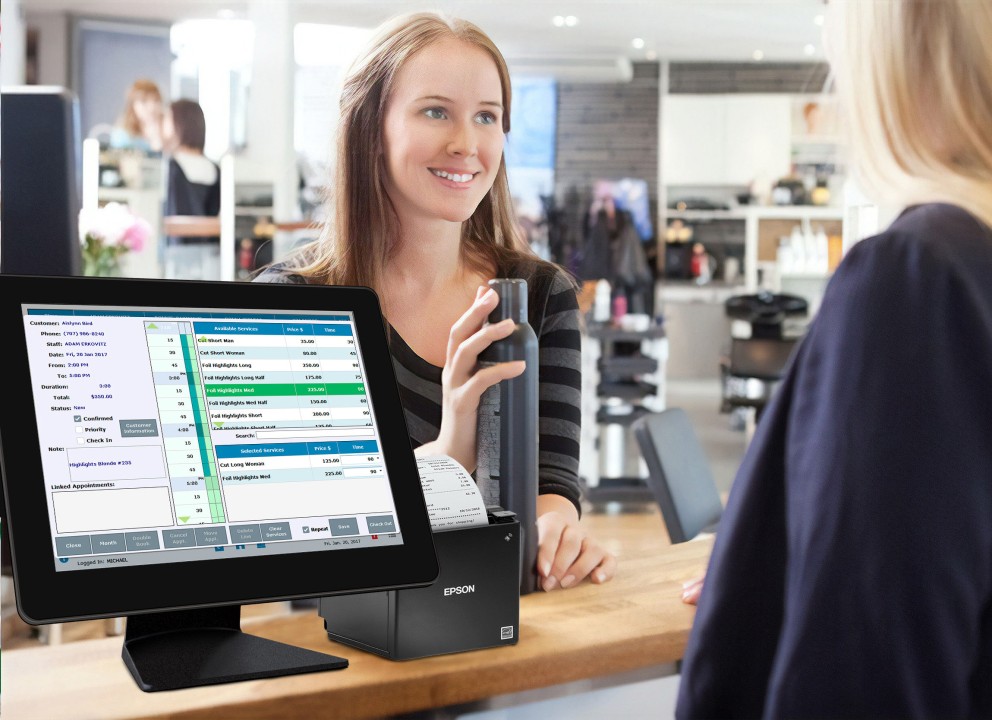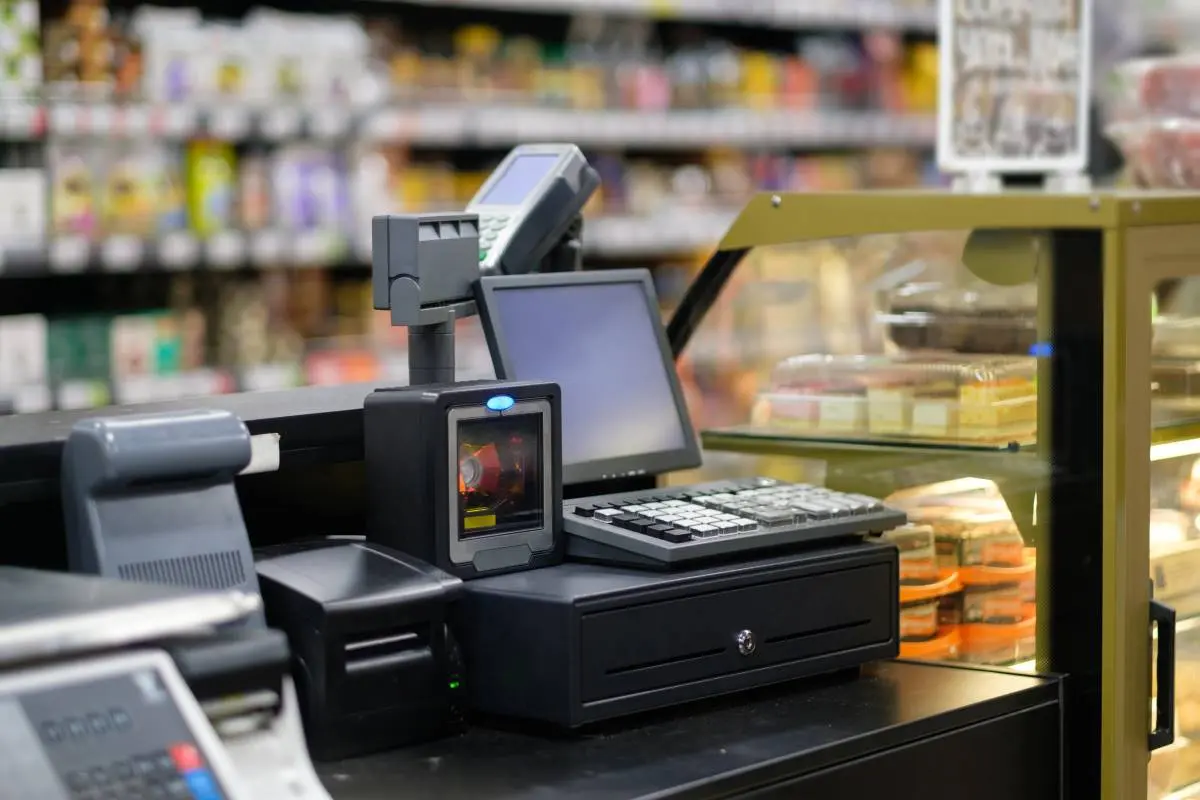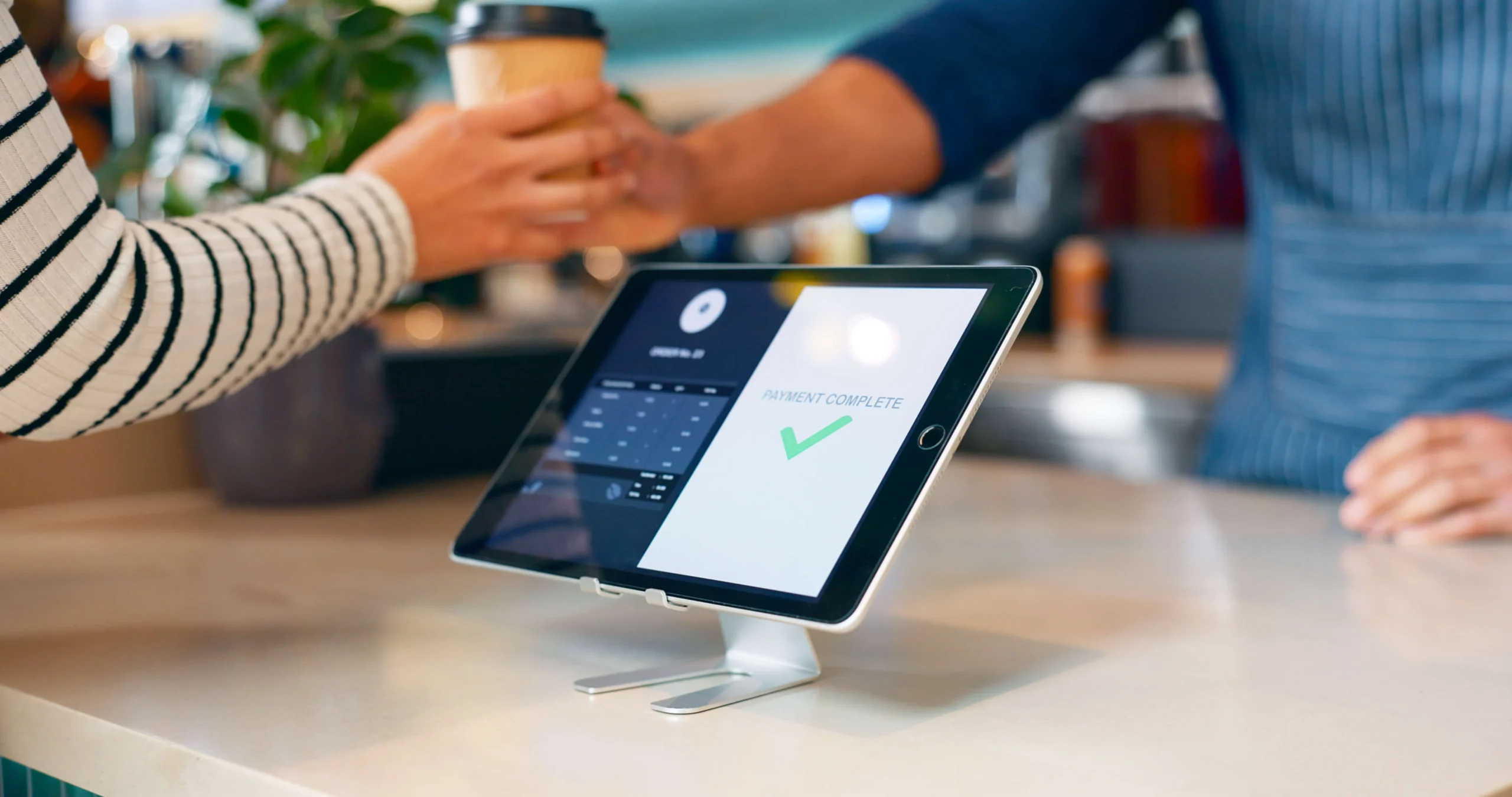The Role of POS Systems in Today’s Digital Economy

In today’s fast-paced digital economy, businesses are under constant pressure to adapt, innovate, and provide exceptional customer experiences. One technology at the heart of this transformation is the Point of Sale (POS) system. Once considered just a tool for processing sales, POS systems have evolved into powerful, all-in-one solutions that help businesses thrive in an increasingly competitive and digital-driven marketplace.
POS Systems: Beyond a Cash Register
Traditionally, a POS system was seen as a replacement for the cash register—something used only to record transactions. However, in today’s digital economy, its role has expanded far beyond that. Modern POS systems integrate sales, inventory, payments, analytics, and even customer relationship management (CRM). This transformation allows businesses of all sizes—whether a local café or a global retail chain—to make smarter decisions, deliver faster service, and build stronger customer connections.
Driving Operational Efficiency
Efficiency is key to survival in a digital-first world. POS systems streamline processes by automating tasks that previously took hours to complete. For example, inventory tracking is now updated in real-time, meaning a retailer can instantly see what’s in stock, what’s selling quickly, and which items need to be reordered. Similarly, staff can access product details or complete transactions on mobile devices, reducing queues and saving customers time. These operational improvements not only boost productivity but also cut costs, giving businesses an edge in a highly competitive market.
Enhancing Customer Experience
The digital economy is customer-driven, and expectations are higher than ever. Today’s consumers want convenience, speed, and personalization. POS systems help businesses deliver on these expectations by enabling faster checkouts, supporting multiple payment methods (credit cards, mobile wallets, contactless payments), and even offering loyalty programs. For example, a restaurant POS system can store customer preferences and automatically apply discounts, creating a seamless and personalized dining experience. This builds trust, loyalty, and repeat business—critical elements in a digital world where customers have countless alternatives at their fingertips.
Leveraging Data for Growth
Data is the currency of the digital economy, and POS systems are powerful tools for gathering it. Every transaction provides insights into customer behavior, product performance, and sales trends. With detailed reporting and analytics, businesses can make informed decisions—whether it’s adjusting pricing, launching targeted promotions, or optimizing inventory. For instance, a fashion retailer can analyze which items sell best during different seasons and adjust stock levels accordingly. This level of insight was once available only to large corporations, but modern POS systems make it accessible to businesses of all sizes.
Supporting Omnichannel Strategies
Another hallmark of the digital economy is the blending of online and offline shopping experiences. Customers want the flexibility to shop in-store, online, or through mobile apps—and expect these channels to be connected. Modern POS systems integrate seamlessly with e-commerce platforms, allowing businesses to unify their sales channels. A customer who buys online should be able to return or exchange in-store without any hassle, and POS systems make this possible. This omnichannel capability not only improves customer satisfaction but also maximizes sales opportunities.
Security and Compliance in the Digital Era
As digital transactions increase, so does the need for security. POS systems are equipped with advanced encryption and compliance features to safeguard customer data and protect businesses from fraud. Many systems also support PCI-DSS compliance, ensuring that sensitive payment information is processed securely. In today’s economy, where data breaches can severely damage a brand’s reputation, these security measures are not just beneficial—they’re essential.
Preparing for the Future
The role of POS systems will only continue to grow as the digital economy evolves. With advancements like artificial intelligence (AI), machine learning, and cloud-based solutions, POS systems are becoming even smarter and more adaptive. Features such as predictive analytics, automated marketing, and real-time collaboration will further empower businesses to meet customer needs and stay ahead of competitors.
Conclusion
The digital economy has redefined how businesses operate and compete, and POS systems are playing a central role in this transformation. Far more than tools for transactions, they are engines of efficiency, customer satisfaction, and growth. By embracing modern POS technology, businesses can not only keep up with today’s digital demands but also prepare themselves for tomorrow’s opportunities.






